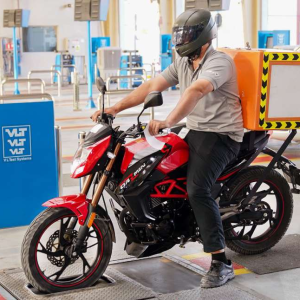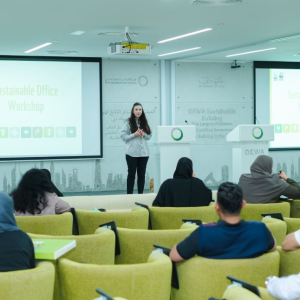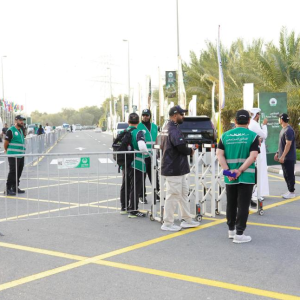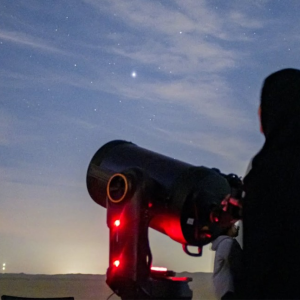Life Abroad, Far From Home
For many Nepalis living and working in Dubai, the dream of building a better life comes at the cost of separation. Far from the hills of Nepal, thousands of Nepali expatriates work long hours under the UAE sun, often in construction, hospitality, security, and domestic roles.
While the financial rewards are better than what they could earn back home, the emotional cost is high. Families are left behind, festivals are celebrated alone, and important moments are missed.
The only real comfort? A call home. But that’s not always easy in the UAE.

The WhatsApp Ban: A Daily Struggle
In the UAE, popular internet calling apps like WhatsApp, Skype, and FaceTime are restricted. These Voice over IP (VoIP) services are blocked due to local regulations. That means, even if Nepalis have smartphones and internet access, they can’t make simple voice or video calls through WhatsApp.
“It’s heartbreaking,” says Ramesh Thapa, a 34-year-old from Pokhara working in Dubai’s construction sector. “You come back tired after a 12-hour shift, and all you want is to see your kids’ faces. But WhatsApp won’t work.”

This daily struggle of not being able to connect with loved ones adds to the emotional burden. For many, the sense of isolation grows heavier every day.
The VPN Solution: A Digital Lifeline
To break through this barrier, many Nepalis are turning to a simple yet powerful tool: VPNs (Virtual Private Networks). A VPN allows users to change their internet location, making it seem like they are in another country — where WhatsApp calling is allowed.
With the right VPN app installed on their phones, Nepalis in Dubai can make WhatsApp calls just like anyone else.
“It changed everything,” says Sunita Gurung, a housemaid from Dharan. “Now I can video call my mother every Sunday. She cries every time. But at least she sees me.”
VPNs have become a silent savior for these workers. They are cheap, easy to use, and bring joy that no money can buy.
From Isolation to Inspiration
These calls are not just about saying hello. They are emotional bridges. Fathers see their newborns. Mothers hear their children’s first words. Husbands and wives keep their love alive.
Every single VPN-powered WhatsApp call is a win against loneliness.
“I was about to give up and go back,” admits Laxman Shrestha, who works as a security guard in Sharjah. “I felt too alone. But then I discovered VPNs. I could speak to my brother, my cousins. I started feeling human again.”
Achievements Despite the Odds
Despite working in low-wage, high-pressure jobs, many Nepalis in Dubai are quietly achieving big things. With the help of VPN-enabled communication, they’ve managed to:
- Start small businesses back home
- Supervise house construction in Nepal remotely
- Help their children with homework over WhatsApp
- Stay updated on family health matters
- Support and care for aging parents
VPNs don’t just reconnect people. They empower them to stay involved in their families’ lives — even from 3,000 kilometers away.
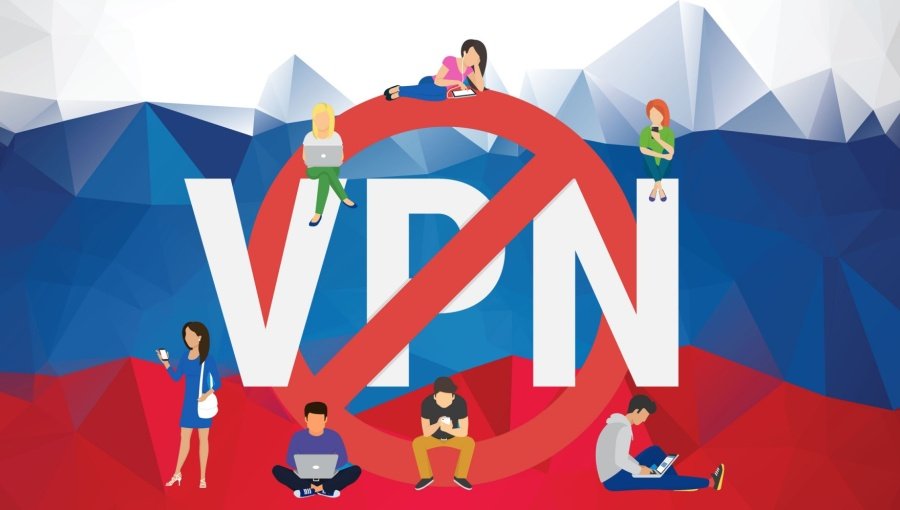
VPN Use: Is It Legal in Dubai?
Here’s what people need to understand: Using a VPN is not illegal in the UAE. However, using a VPN for illegal activities is prohibited. So using a VPN to access WhatsApp or video call loved ones, while technically bypassing local telecom restrictions, is generally tolerated for personal use.
Still, users should always choose a reliable and secure VPN provider to ensure their data and identity are protected.
Popular choices among the Nepali community include:
- NordVPN
- ExpressVPN
- ProtonVPN
- Surfshark
These VPNs offer user-friendly apps, strong privacy features, and servers in countries where WhatsApp is fully functional.
The Cost of Connection
Most VPNs cost around $3–10/month, depending on the plan. For many Nepali workers earning modest salaries, this is still a stretch. But they see it as a necessity — like food or rent.
“It’s the price of hearing my son say, ‘I love you, Baba’,” says Jitendra Karki, who sends almost 80% of his earnings home every month.
For those who can’t afford a paid VPN, free VPNs are available. However, they often come with limitations like data caps, slower speeds, or weaker security. Still, they can be a good starting point for those on tight budgets.
Real Stories, Real Lives
Manisha Limbu, 29, works in a hotel in Dubai Marina. She hasn’t been home to Jhapa in 4 years. “Every Friday, I call my grandma. She’s old, she forgets things, but when she sees me on WhatsApp, her face lights up,” Manisha says, smiling. “I wouldn’t trade that for anything.”
Rajesh Chaudhary, a 40-year-old electrician, says VPNs helped him save his marriage. “We were drifting apart. No communication. But once I started calling every night, things got better. We’re strong again.”
The Emotional Impact
It’s easy to forget that behind every migrant worker is a story of courage. These are people who left everything they love to support their families. Their struggles go beyond money — it’s about identity, belonging, and human connection.
A VPN might be a tech tool, but for these Nepalis, it’s a symbol of hope.
How to Set Up a VPN for WhatsApp Calling
For anyone new to this, here’s a quick guide:
- Choose a VPN provider – Use a trusted name like NordVPN or ExpressVPN.
- Download the app – Available on both iOS and Android.
- Create an account – Some offer free trials or money-back guarantees.
- Connect to a server – Choose a country like Singapore, India, or the UK.
- Open WhatsApp – Now voice and video calls should work as normal.
It usually takes less than 10 minutes to set up. And it brings months — even years — of emotional relief.
Final Thoughts: More Than Just Technology
This isn’t just about VPNs or apps. It’s about people who are fighting to stay connected. It’s about a father seeing his daughter grow up, or a son comforting his aging mother, even from miles away.
As Dubai continues to grow as a global hub, it’s time we recognize the silent sacrifices made by the people who build its roads, clean its towers, and serve in its homes.
They may be blocked from calling — but they are never broken.
Do follow UAE Stories on Instagram







